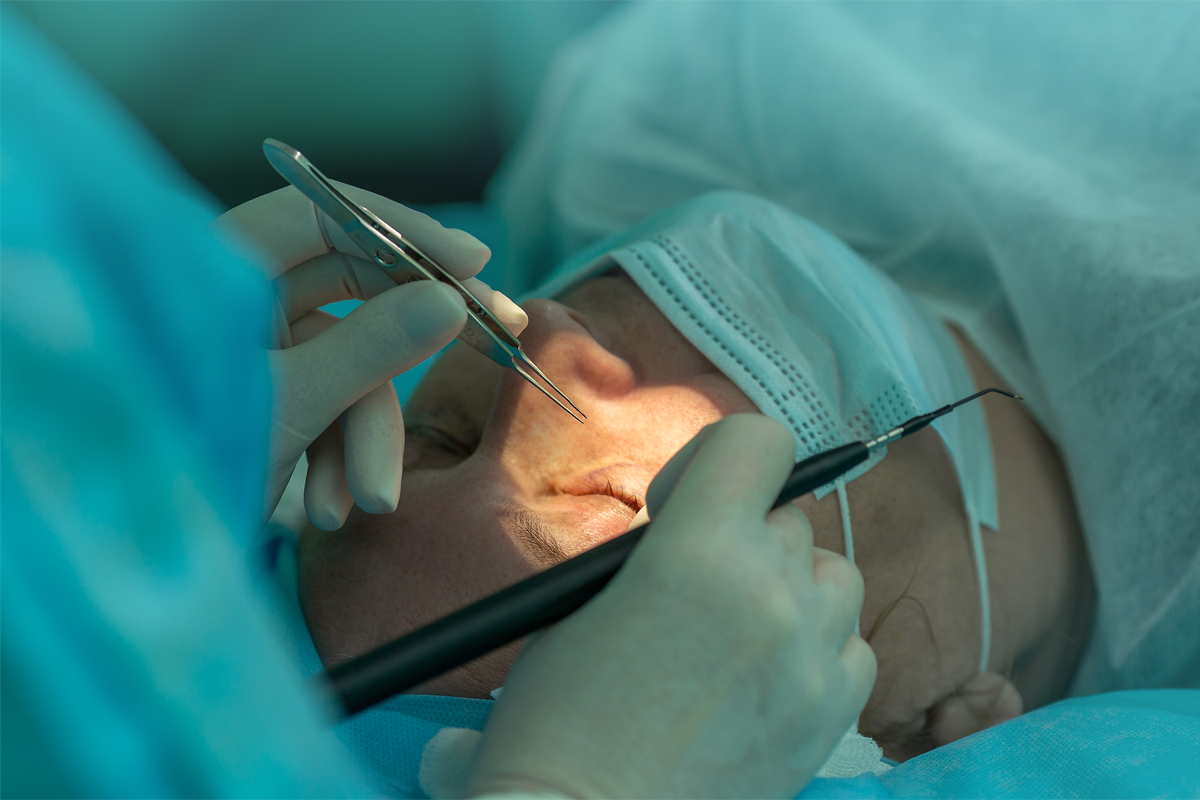Search This Blog
We are attempting to raise awareness about various medical value travel options in order for everyone to receive inexpensive medical care on time.
Featured
- Get link
- X
- Other Apps
Understanding Heart Blockage: Types, Diagnosis, and Treatment
Heart disease remains one of the leading causes of death globally, making the understanding of its various forms crucial. Heart blockages, which interfere with the normal flow of blood through the arteries, can lead to severe cardiac complications if not treated timely. This blog explores the types, symptoms, diagnosis, and treatment of heart blockages, with insights into advanced surgical interventions available at leading healthcare institutions like Fortis La Femme.
Heart blockages occur when arteries that supply blood to the heart muscle become clogged by a buildup of fat, cholesterol, and other substances collectively known as plaque. This can lead to reduced blood flow, or in severe cases, complete blockage, resulting in heart attacks and other serious heart conditions. Understanding the mechanisms and implications of heart blockages is vital for early detection and effective treatment.
About Heart Blockages
Heart blockages typically develop over time and are primarily driven by lifestyle factors such as diet, physical activity, and smoking, alongside genetic predispositions. The process of plaque buildup, known as atherosclerosis, is insidious and often goes unnoticed until it becomes problematic.
Types of Heart Blockages
Heart blockages vary depending on the extent and location of the artery affected. Common types include:
Partial Blockage (Angina): This type does not completely close the artery but can still cause significant pain and discomfort, typically manifested as chest pain or angina.
Complete Blockage (Heart Attack): A complete blockage results in a heart attack, which occurs when blood flow to a part of the heart is completely cut off, causing the tissue to die.
Each type requires a different approach in terms of management and treatment.
Recognizing Heart Blockage Symptoms
Symptoms of heart blockage can vary but often include:
- Chest pain or discomfort, often described as pressure, squeezing, fullness, or pain.
- Shortness of breath.
- Nausea, indigestion, heartburn, or stomach pain.
- Pain spreading to the shoulder, arm, back, neck, or jaw.
- Sudden dizziness or lightheadedness.
Recognizing these symptoms early can be crucial for successful treatment.
How is Heart Blockage Diagnosed?
Diagnosis begins with a detailed medical history and physical examination, followed by diagnostic tests such as:
- Electrocardiogram (ECG): This test records the electrical activity of the heart and can help identify abnormalities caused by insufficient heart blood flow.
- Echocardiogram: This ultrasound test visualizes the heart muscles and other structures to assess their function.
- Stress Tests: These tests monitor the heart's performance and blood flow while under physical exertion.
- Coronary Angiography: This involves the use of contrast dye and X-ray imaging to view the heart's blood vessels.
Fortis La Femme, known for its state-of-the-art facilities, employs these and other advanced diagnostic tools to ensure accurate diagnoses.
Treatment of Heart Blockage
Treatment for heart blockages may involve lifestyle changes, medication, or more invasive procedures depending on the severity of the blockage. Common approaches include:
- Lifestyle Adjustments: Diet changes, exercise, and smoking cessation are crucial.
- Medications: Drugs such as statins, aspirin, and beta-blockers may be prescribed to manage symptoms and prevent further plaque buildup.
- Surgical Procedures: In severe cases, surgical interventions such as angioplasty or bypass surgery may be required.
Diving Deep: Surgical Methods to Remove Heart Blockages
When lifestyle changes and medications are insufficient, surgical options become necessary. At Fortis La Femme, patients have access to advanced surgical treatments such as:
- Angioplasty: This involves the insertion of a balloon to open up clogged arteries and the placement of a stent to keep the artery open.
- Coronary Artery Bypass Grafting (CABG): In this procedure, surgeons create a new path around the blocked artery to restore necessary blood flow to the heart.
These procedures are critical in restoring heart function and preventing further cardiac events.
Understanding heart blockage and its implications helps in making informed health decisions. With advanced healthcare facilities like Fortis La Femme offering comprehensive treatment options, patients have access to some of the best cardiac care available, enhancing the chances of successful recovery and improved quality of life.
- Get link
- X
- Other Apps
RECENT READS

Managing Diarrhea Post-Kidney Transplant: Effective Treatment
- Get link
- X
- Other Apps

Revolutionizing Eye Care: Shinon Global's Impact on Cornea Transplantation Worldwide
- Get link
- X
- Other Apps

Comments
Post a Comment